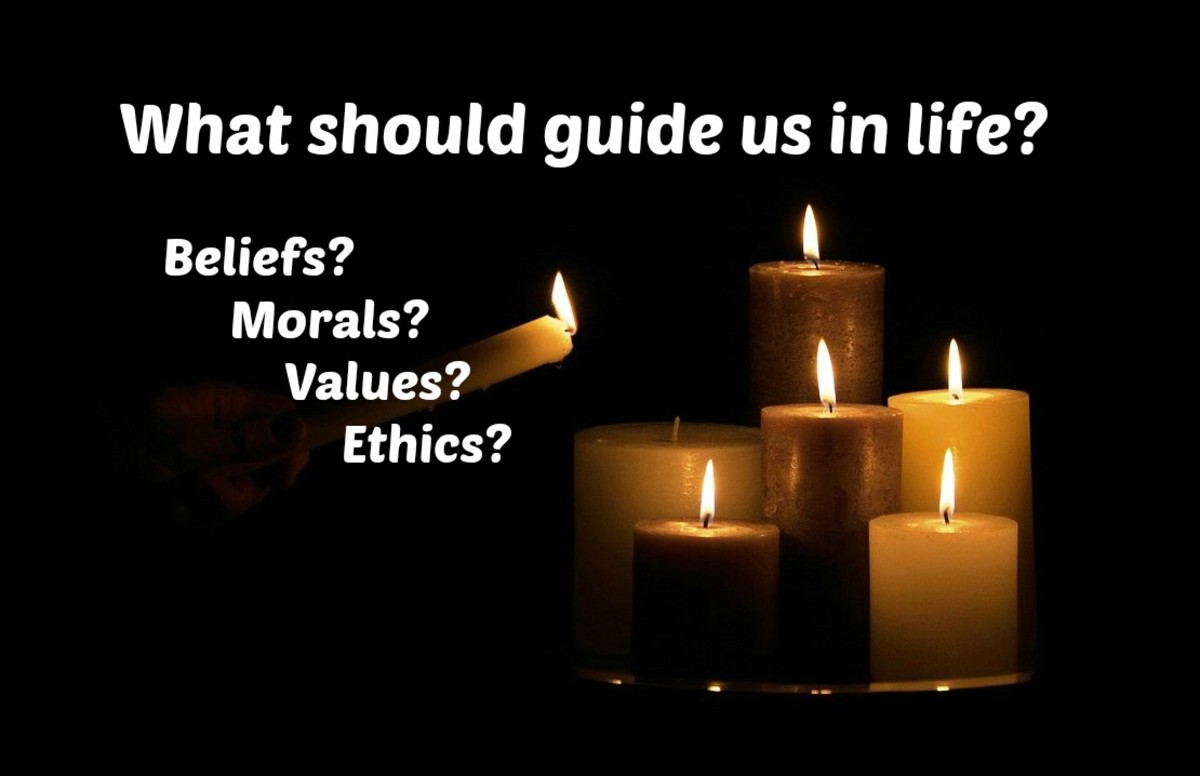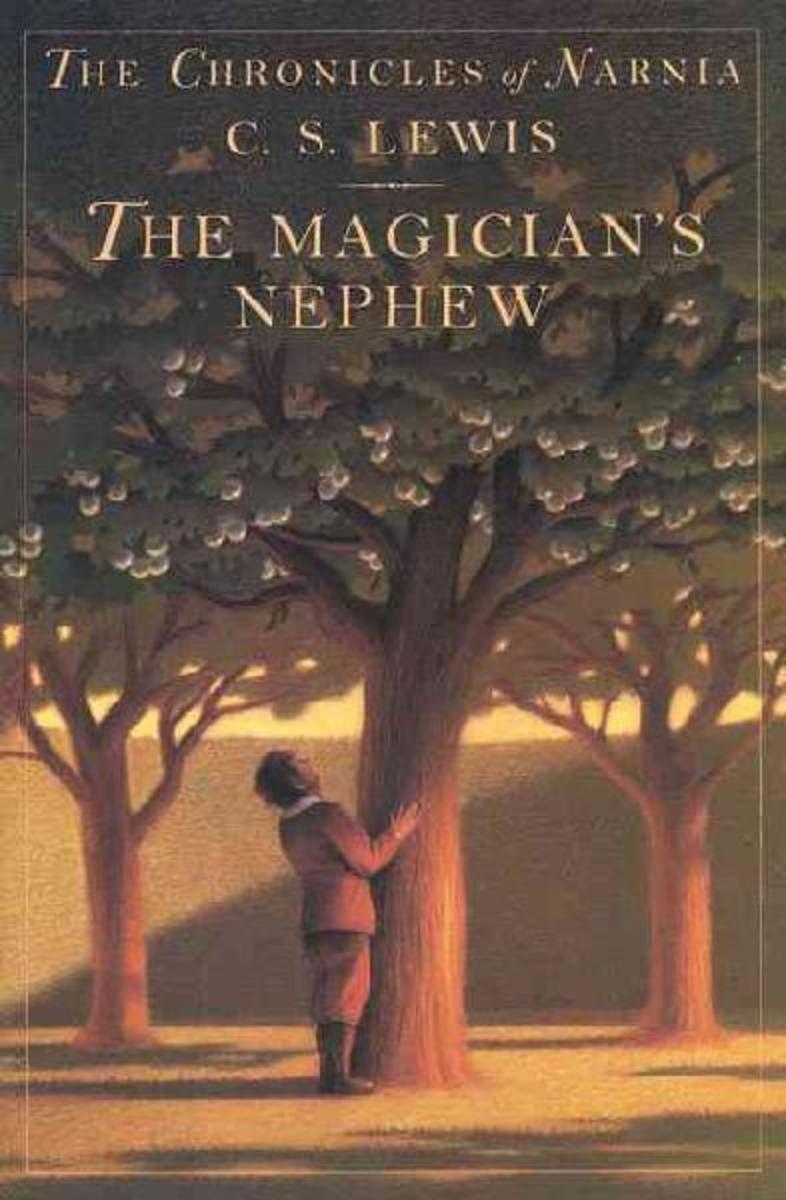- HubPages»
- Books, Literature, and Writing»
- Books & Novels»
- Books for Teens & Young Adults
Revisiting Narnia through adult eyes
The Chronicles of Narnia (Publication order)
- The Lion, the Witch and the Wardrobe. (16 October 1950)
- Prince Caspian, (15 October 1951)
- The Voyage of the Dawn Treader. (15 September 1952)
- The Silver Chair. (7 September 1953)
- The Horse and His Boy. (6 September 1954)
- The Magicians Nephew. (2 May 1955)
- The Last Battle. (4 September 1956)
Lesson, morals, and dilemmas
The Chronicles of Narnia contains morals and dilemmas through the eyes of children, yet they are lessons as applicable today as it was back in the 1950s when the books were first published. They are more than children’s books; they illustrate human weaknesses and portray the consequences of such actions, applicable in adult life.
The debate as to which order the books should be read continues. C.S. Lewis wrote them out of order, nor were they published in chronological order, but as in Narnia, time is irrelevant, thus allowed for going back and forth. Many begin with The Lion, the Witch and the Wardrobe, usually through school, but also as the first published book and the one that introduces the Pevensie children. The Magicians Nephew is chronologically the first, but reading it towards the end has its rewards even though C.S. Lewis wrote it last and had re-written it several times.
Reading the books through adult eyes, there is innocence in loyalty, honesty, trust, honor, integrity and doing the right thing. Things a child should consider, but are more likely to be fascinated by the Otherworld, talking animals, flying horses and magic. Viewing the morals and ethics through the eyes of a child, children can identify with issues such as trusting their siblings, questioning their elders (Digory questions Uncle Andrew), having faith and trust (Digory retrieving an apple for Aslan), family forgiveness (Edmund’s betrayal) and being loyal (Digory refuses to leave Polly behind in Narnia). Depicting Uncle Andrew as an adult, who has loose morals, indicates that adults are not always right and you must decide for yourself what is the right thing to do.
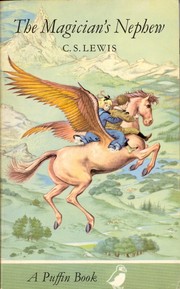
The Chronicles of Narnia (Chronological order)
- The Magicians Nephew.
- The Lion, the Witch and the Wardrobe.
- The Horse and His Boy.
- Prince Caspian.
- The Voyage of the Dawn Treader.
- The Silver Chair.
- The Last Battle.
Would you like to visit Narnia?
The Lion, the Witch and the Wardrobe
The moral of the stories
Regardless of age, we have choices and we must live and accept the consequences of our actions. Digory rang the bell, which began the chain reaction for the whole Narnia journey out of arrogance. Regretting his actions, he accepted his error and was prepared to make amends. It is these lessons that society has forgotten as I see others blaming others or finding an excuse for their mistakes, giving into temptation and taking the easy way out or people betraying each other without much thought (like Uncle Andrew). The moral is both Edmund and Uncle Andrew paid for their misdemeanors, but only Edmund learnt.
What C.S. Lewis helped convey is that children have a voice and are able to make their own decisions as to what is right or wrong. Often their innocence speaks the truth, truths that modern day society may prefer not to hear or to acknowledge. Society hides behind unspoken truths, unable to accept their mistakes or to make amends, it continues making errors to the detriment of humanity. It contains lessons we all should be reminded of, and that society needs at a time where morals and ethics are relegated to the philosophies of Plato and Aristotle. If you are honest and modest with integrity and have faith as you will be rewarded. Remain loyal and forgive, and those around you will help you should you need it.
How well do you know Narnia?
view quiz statisticsHuman morals and dilemmas
Many of the dilemmas faced exist today, however, an innocent child would not question or recognize these at such a tender age. As an adult, one would have experienced these frailties of humanity—greed, temptation, deception, power and betrayal, an innocence lost. C.S. Lewis was preparing children for a world that was changing. There is so much more to The Chronicles of Narnia than a story, but tells of a world that began in innocence and was defeated by corruption, selfishness and greed. There are more themes to study in the texts than any Thomas Hardy novels.
As to what order should the books be read? Reading The Magicians Nephew towards the end as published has its advantages of keeping the magic and suspense alive and putting the pieces together. Even if read first, going back to reread it, there are things you would not have noticed the first time around.
The world and humanity can learn much from the tales of Narnia. C.S. Lewis was prophetic and correct; our world is in danger of being destroyed by the corruption and exploitation of power.
The Lion, the Witch and the Wardrobe
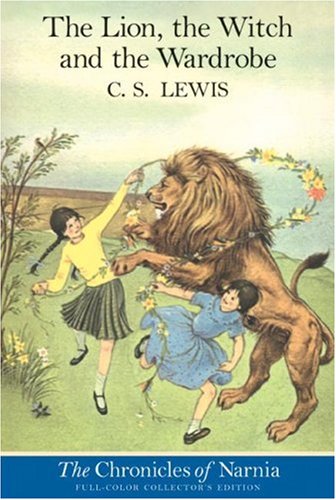
The first book in The Chronicles of Narnia
Which book should you read first?
The Chronicles of Narnia (Written order)
- The Lion, the Witch and the Wardrobe. (March 1949)
- Prince Caspian. (December 1949)
- The Voyage of the Dawn Treader. (February 1950)
- The Horse and His Boy. (July 1950)
- The Silver Chair. (March 1951)
- The Last Battle. (March 1953)
- The Magicians Nephew (Completed in February 1954, but written after The Lion, the Witch and the Wardrobe after many re-writes over six years)
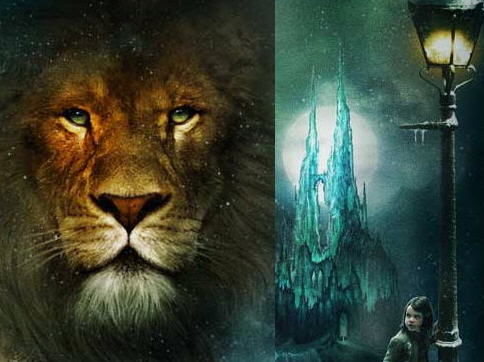
Prince Caspian trailer
© 2014 S T Alvyn



